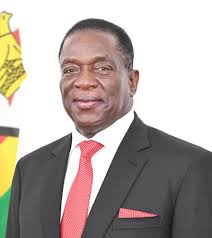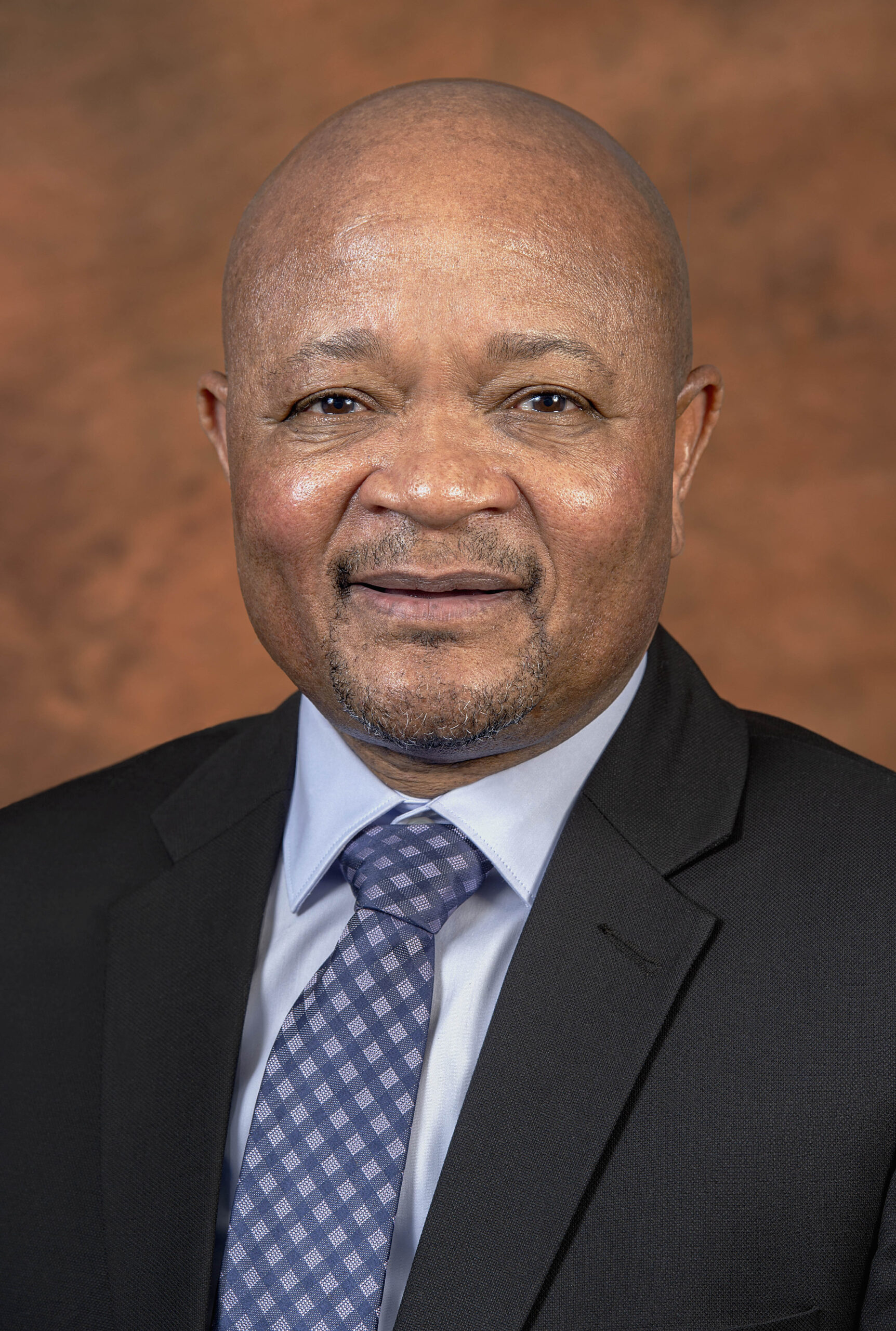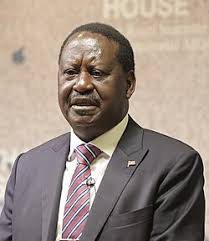Introduction
Emmerson Mnangagwa, the President of Zimbabwe, has been a central figure in the nation’s politics since he assumed office in November 2017. His leadership is significant not only for Zimbabwe’s future but also in the context of regional stability and economic recovery in Southern Africa. Understanding Mnangagwa’s policies and the current state of governance is crucial for anyone following the country’s political landscape.
Recent Developments under Mnangagwa
Since taking office, Mnangagwa has faced numerous challenges, including a faltering economy, high inflation rates, and public discontent. His administration embarked on a process of economic reforms aimed at stabilizing the economy, which had suffered from years of mismanagement and sanctions. Recent reports indicate a gradual improvement in sectors such as agriculture and mining, which are vital to Zimbabwe’s economy. However, the challenges of unemployment and poverty levels remain significant issues affecting the daily lives of Zimbabweans.
2023 Elections
The upcoming elections slated for 2023 will be critical for Mnangagwa’s political future. His party, the Zimbabwe African National Union-Patriotic Front (ZANU-PF), has faced increased scrutiny from opposition parties and civil society groups, who have accused the government of human rights abuses and a lack of democratic freedoms. As the elections approach, there is global interest in observing the electoral process to determine if it reflects the true will of the Zimbabwean people.
International Relations
Mnangagwa’s foreign policy has sought to re-engage with international stakeholders, particularly after years of diplomatic isolation. In recent months, he has emphasized trade partnerships with countries in Africa and beyond, aiming to attract foreign investment which is critical for Zimbabwe’s recovery. Key developments include strengthening ties with China and efforts to rebuild relations with the West, although sanctions remain a barrier to engagement.
Conclusion
Emmerson Mnangagwa’s leadership has been characterized by a mix of cautious reform and persistent challenges. The upcoming elections in 2023 will be a pivotal moment for his administration and Zimbabwe’s future. As the nation navigates economic recovery, observers will look closely at the government’s commitment to democratic processes and human rights. For Zimbabweans and international stakeholders alike, the actions taken by Mnangagwa and his government in the coming months will hold significant implications for the country’s path forward.


